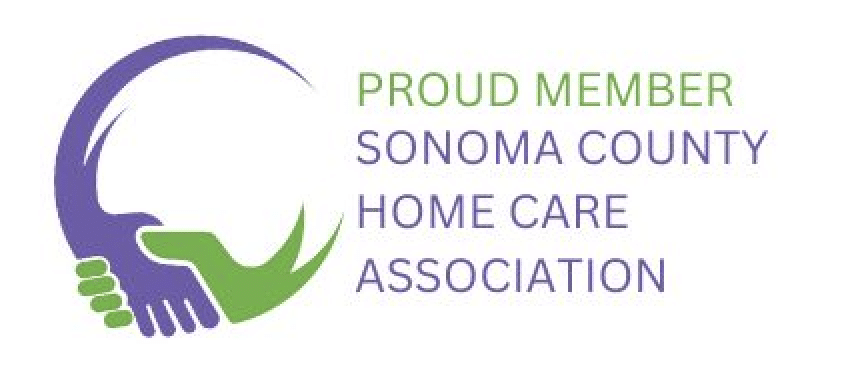Medications Affect The Body’s Ability To Regulate Body Temperature
Medications to treat various chronic diseases may hinder the body’s ability to lose heat and regulate its core temperature to optimal levels. The loss of effective thermoregulation has implications for elderly people receiving treatment for illnesses like cancer, cardiovascular, Parkinson’s disease/dementia and diabetes, particularly during hot weather, according to a review by a team of…










